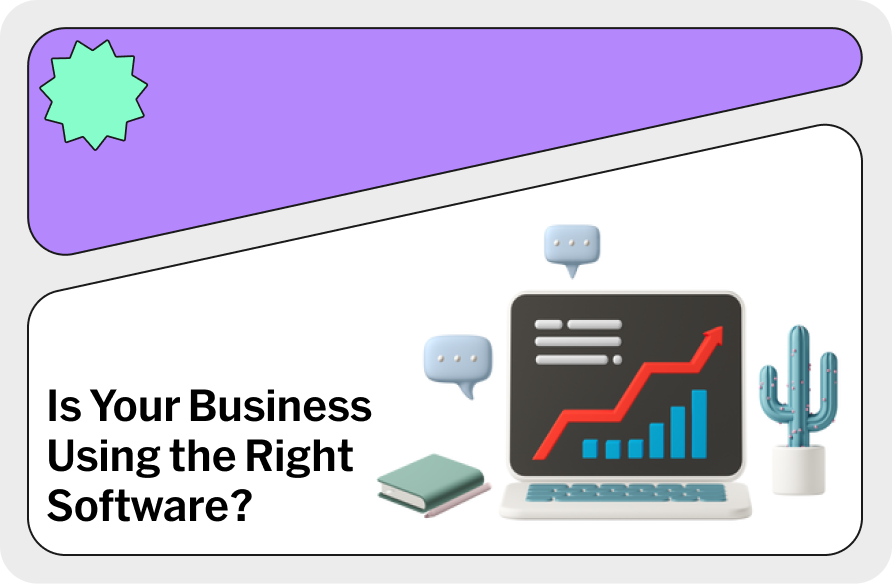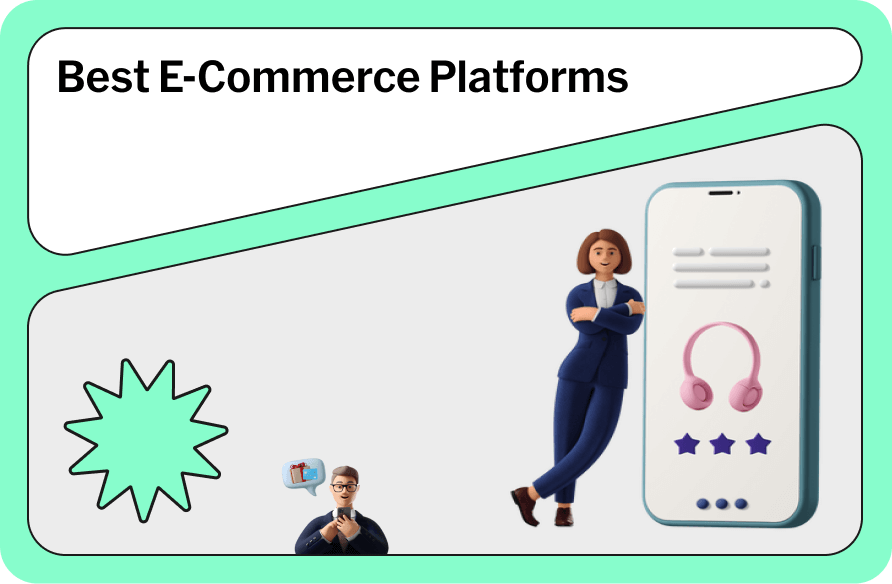In today’s business environment, customer relationship management (CRM) has evolved significantly. Businesses must prioritize building strong relationships with their clients to meet the growing expectations of modern consumers. Advanced CRM solutions, powered by AI, automation, and data analytics, are transforming how businesses connect with their customers, leading to better engagement, increased loyalty, and sustainable growth.
The power of AI in CRM
Personalized Customer Experiences:
AI-driven chatbots and virtual assistants provide 24/7 customer support, answer questions, and offer product recommendations tailored to individual preferences. This personalized approach improves the overall customer experience and strengthens the connection with the brand.
Proactive Lead Scoring and Opportunity Prediction:
AI algorithms analyze vast data sets to identify promising leads, predict their likelihood of conversion, and anticipate potential churn. This helps businesses allocate resources effectively, prioritize high-potential leads, and optimize marketing and sales efforts for better ROI.
Hyper-targeted Customer Segmentation:
Traditional customer segmentation based on demographics is outdated. AI-powered tools analyze behavior, purchase history, engagement metrics, and social media interactions to create highly targeted customer segments. This allows for more effective marketing campaigns, product offerings, and communication strategies tailored to each segment.
Unlocking efficiency with automation
Streamlining Repetitive Tasks:
Automation tools handle routine tasks like data entry, administrative duties, and sending follow-up emails. This frees up time for sales and customer service teams to focus on building relationships and providing exceptional service.
Triggered Workflows for a Seamless Journey:
Automated workflows personalize customer journeys by triggering interactions based on behavior. This includes sending product recommendations, follow-up emails, and proactive support, ensuring a seamless and engaging experience that fosters loyalty.
Automated Reporting and Actionable Insights:
Automated reporting tools analyze customer data and present it in actionable dashboards. These provide real-time insights into key performance indicators (KPIs) like customer satisfaction and engagement rates, enabling data-driven decision-making and continuous CRM improvement.
Leveraging data for improved relationships
Data-Driven Decision Making:
Analyzing customer data provides insights into preferences, needs, and pain points. This information helps in making informed decisions about product development, marketing campaigns, and customer service strategies, ensuring offerings are relevant and resonate with the target audience.
Predictive Analytics for Proactive Customer Service:
Predictive analytics allows businesses to anticipate potential issues and address them before they impact the customer. This proactive approach fosters goodwill, strengthens loyalty, and reduces churn.
Personalized Marketing Campaigns that Drive Engagement:
Targeted marketing campaigns based on individual profiles and preferences are more effective. Data-driven insights enable personalized messaging, relevant product recommendations, and tailored communication, resulting in higher engagement and conversion rates.
The future of CRM: A continuous journey of innovation
Integration with AI:
AI will continue to enhance CRM capabilities, offering more sophisticated personalization, predictive analytics, and automation. Future developments may include AI-powered chatbots handling complex inquiries and more precise lead scoring models.
The Rise of Social CRM:
Social media integration with CRM will enable businesses to monitor customer sentiment, engage in conversations, and provide seamless service across all channels. Social CRM tools will leverage social media data for targeted marketing and deeper insights.
The Growth of Cloud-based CRM:
Cloud-based CRM solutions will offer greater accessibility, scalability, and cost-effectiveness. These platforms will facilitate real-time collaboration and integration with third-party applications.
The Emergence of Blockchain in CRM:
Blockchain technology promises to revolutionize customer data management by providing secure, transparent storage and sharing. This will improve trust and privacy, enhance data security, and enable better data-driven decisions.
Beyond technology: The human touch remains crucial
While technology plays a vital role in modern CRM, the human touch is still essential. Investing in employee training, fostering a customer-focused culture, and empowering teams to build genuine relationships are key to strong customer relationships and sustainable growth.
By embracing innovative CRM solutions, focusing on data-driven decisions, and prioritizing the human touch, businesses can transform customer relationships in 2024 and beyond, ensuring success and customer satisfaction in a rapidly changing landscape.



